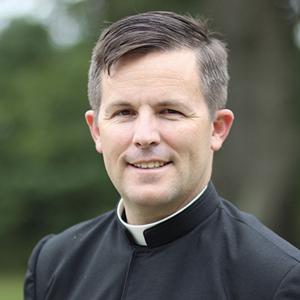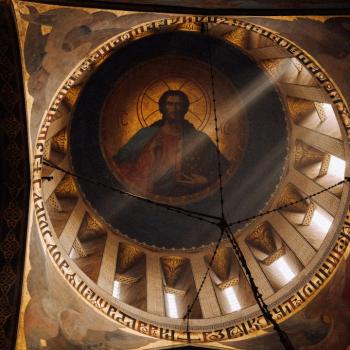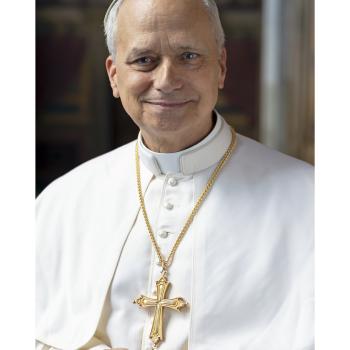
Listening to confessions is a profoundly humbling experience. It feels as though I am seated in the front row at a remarkable display of God’s boundless grace and mercy. Men, women, boys, and girls approach and kneel, baring their souls and confessing actions that weigh heavy with shame. It’s not uncommon for the penitent to carry a burden of guilt, doubting that God could extend forgiveness. Too many people think they possess unforgivable sins.
In my role as confessor, I’ve come to realize that my duty extends beyond passing judgment. It involves providing support and encouragement to those seeking redemption. Often, a penitent may grapple with a sense of unworthiness, convinced that his or her transgressions are too grievous for divine forgiveness. I strive to convey that my role is not to replace God’s forgiveness but to guide them towards it. Frequently, those who have been distant for an extended period express the belief that God no longer wants them due to the severity of their actions. It is my responsibility to reassure them that God’s love and forgiveness are boundless, transcending he depths of any wrongdoing.
Sins or Psychological Anguish?
At this point, the challenges appear to be rooted more in the psychological realm than in the theological. When there’s a discernible apprehension, a fear of rejection or self-condemnation, preventing individuals from embracing the forgiveness readily available to them. It becomes evident that the only sins beyond divine forgiveness are those we withhold from confession.
This, of course, pertains specifically to mortal sins. A sin attains the gravity of “mortal” when it involves serious wrongdoing, the individual is cognizant of its severity, and succumbs entirely to the temptation. It underscores the intricate interplay between conscious awareness, moral gravity, and the willingness to acknowledge and seek absolution. “Mortal sin is sin whose object is grave matter and which is also committed with full knowledge and deliberate consent.” (Pope John Paul II, Reconciliatio et Paenitentia, 17; cf. Catechism of the Catholic Church, 1857)
Only God forgives sins
Only God forgives sins (cf. Catechism of the Catholic Church, 1441). Through the sacrament of Reconciliation, we receive the gift of confessing our sins to a priest. The act of confessing or disclosing our sins “frees us and facilitates our reconciliation with others.” (Catechism of the Catholic Church, 1441). This helps us see that there are no unforgivable sins.
Some people may find it tempting to believe that confessing directly to God is simpler. However, this perspective overlooks the profound freedom that accompanies a sincere reception of the Sacrament of Reconciliation. The humbling nature of confessing to a priest transforms into a gift, enabling us to receive forgiveness and release the weight of shame.
In the Sacrament of Reconciliation, the only sins that persist within the penitent are those deliberately withheld from disclosure. Consider the image of an animal ensnared in a trap – instinctively, it will gnaw off the trapped limb to regain freedom swiftly. Similarly, we find ourselves clinging to sin and shame, resisting the forgiveness that God earnestly desires to bestow upon us. Why do we, like the trapped creature, hesitate to release ourselves from the bonds of wrongdoing and accept the liberating embrace of divine mercy?
Unforgivable Sins
God cannot extend forgiveness for the sins we tightly hold onto, for He cannot compel us to accept His forgiveness nor remove the shame we refuse to release. However, all the sin and shame we willingly surrender to Him, He can obliterate as though they never existed. While some may argue that confession is a tool of oppression, I contend that it stands as one of the most liberating gifts bestowed upon us by God.
What holds you back from seeking the sacrament of confession? Are you unaware that this reluctance is the source of your pain and shame? The remedy awaits within the confessional. Through the words of the priest, God seeks to absolve you from your sins and restore his grace within your soul.
Are there unforgivable sins? No, God’s mercy is limitless.
References
Post-Synodal Exhortation Reconciliation et Paenitentia













